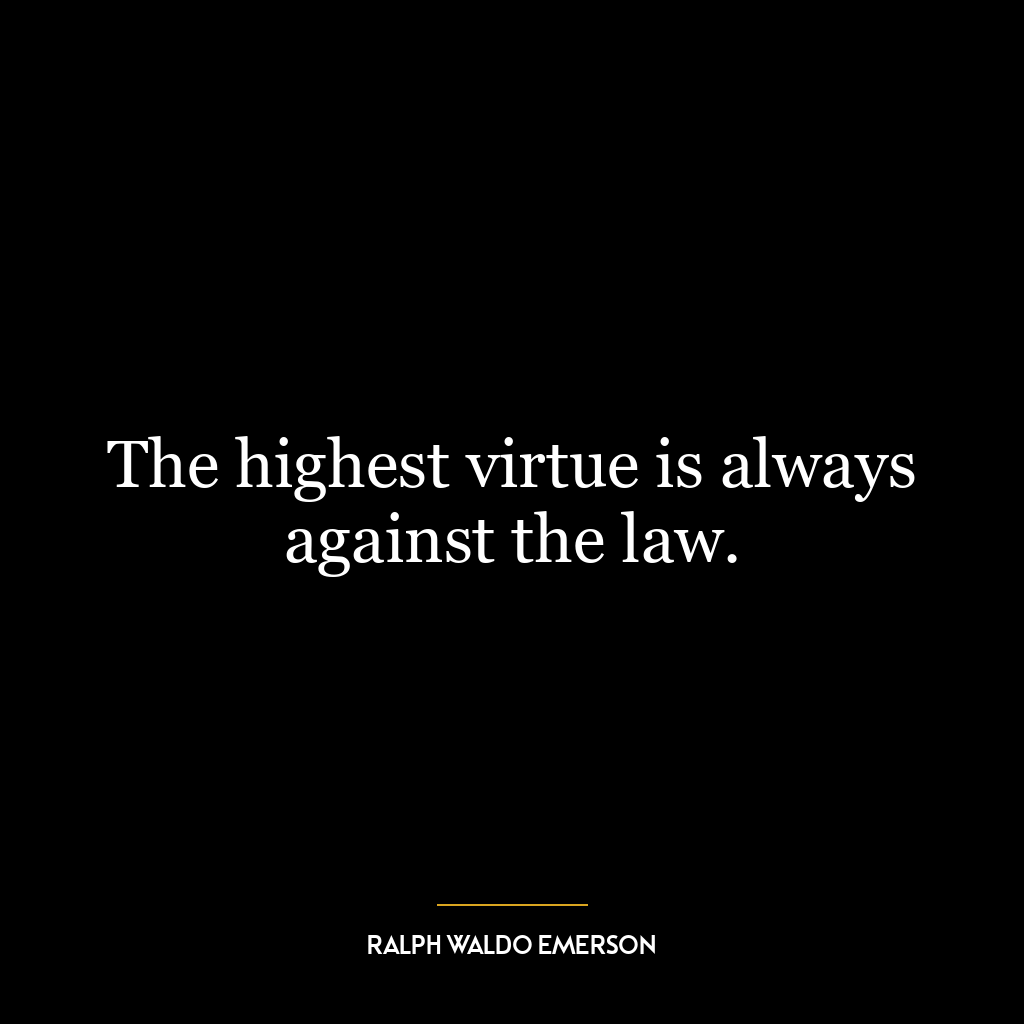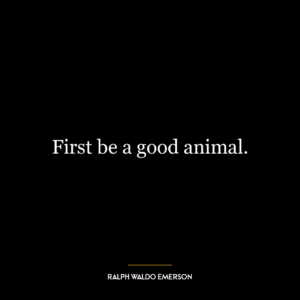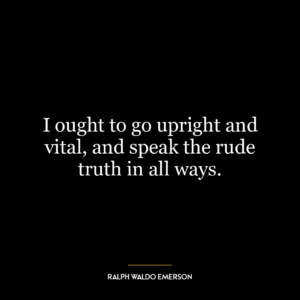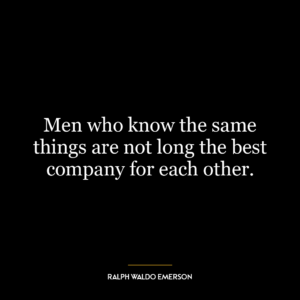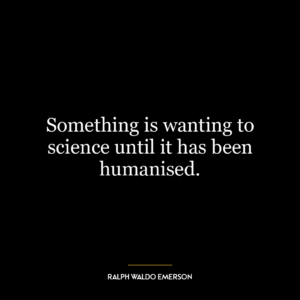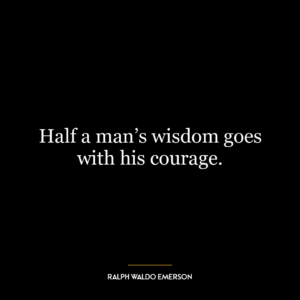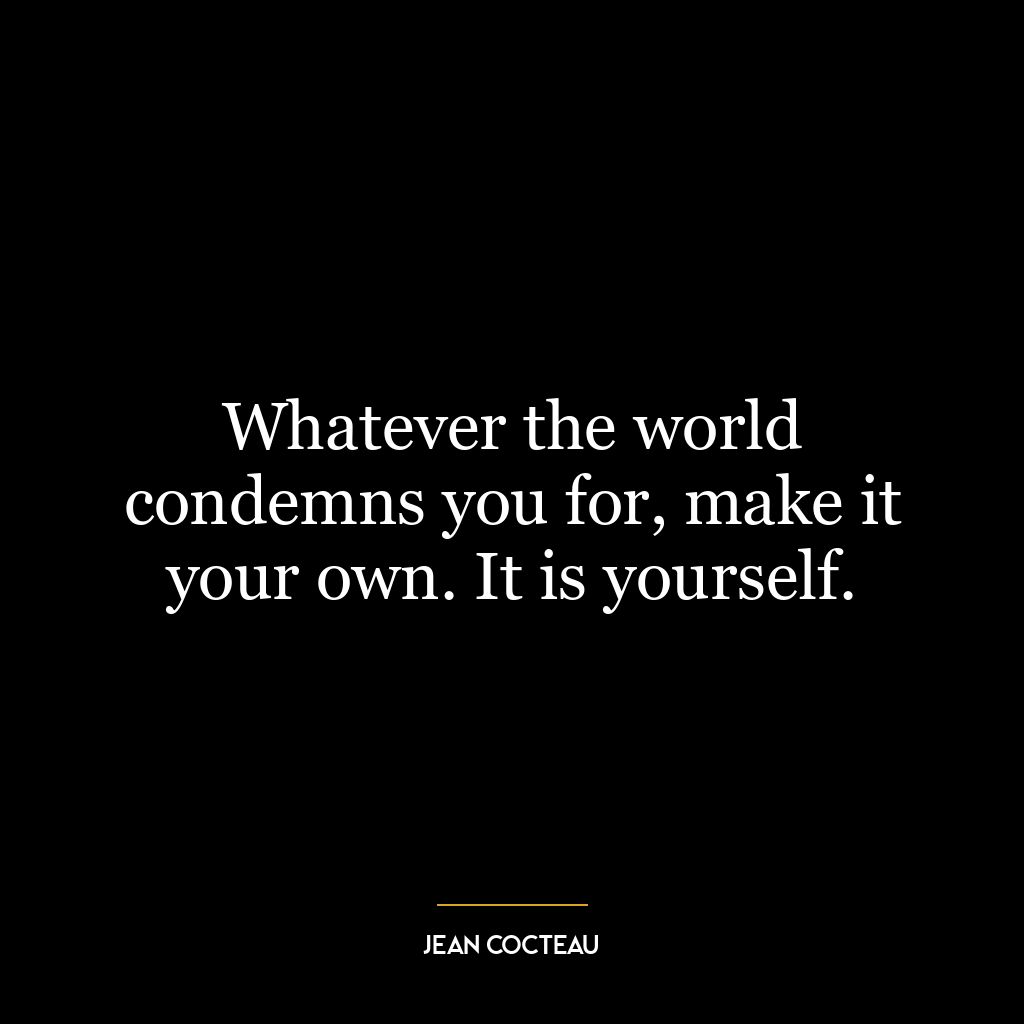The highest virtue is always against the law.
This quote, “The highest virtue is always against the law,” by Ralph Waldo Emerson, suggests that true virtue or moral excellence often goes beyond what is legally required or permitted. It implies that laws are a minimum standard for ethical behaviour and that real virtue involves transcending these basic expectations.
Emerson’s statement could be interpreted in two ways. Firstly, it might suggest that laws sometimes constrain our ability to act virtuously. For exmaple, if a law prohibits feeding the homeless in public places – as some cities have done – then this law would be preventing an act of kindness and generosity, which many would consider virtuous.
Secondly, it could mean that true virtue requires us to challenge unjust laws and societal norms. This perspective aligns with civil disobedience’s concept wherein individuals purposely break laws they believe are immoral or unjust.
Applying this idea to today’s world can be seen in various social movements where people challenge established rules and norms for a higher moral cause. As a notable example, activists who engage in peaceful protests against racial discrimination or climate change may technically break certain laws (such as trespassing on private property during a protest), but they do so out of conviction for their cause – demonstrating what they perceive as higher virtues of justice and environmental stewardship.
In terms of personal advancement, this quote encourages individuals not just to follow rules blindly but also question them when necessary and stand up against injustices even if it means going against the status quo. It emphasizes the importance of critical thinking skills and moral courage in personal growth – qualities essential not just for individual development but also societal progress.
However, one must remember while interpreting Emerson’s words: his statement does not endorse unlawful activities per se; rather he highlights the need for discernment between legal obligations and ethical responsibilities when they conflict with each other.

